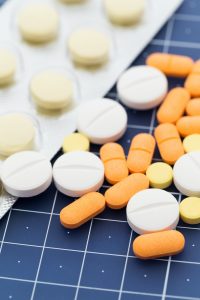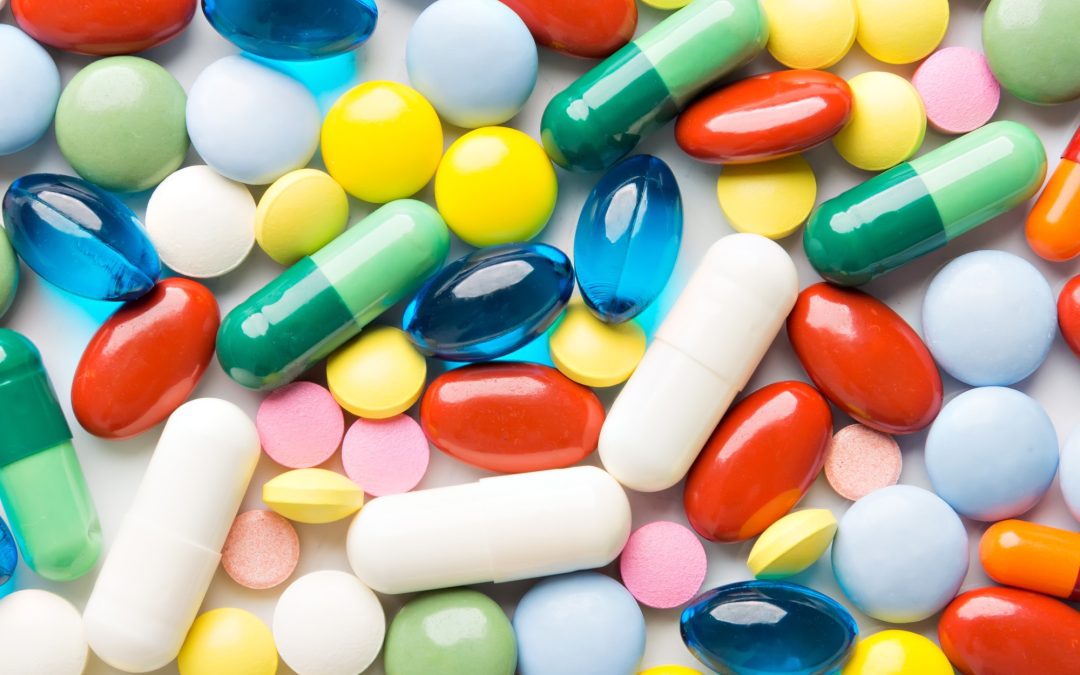Taking medication is meant to help your health, but is your blood pressure rising because of your medication? According to researchers: yes.
While nearly half of U.S. adults have hypertension, only about 1 in 4 manage to reduce their levels. Since hypertension can lead to a heart attack or stroke, it’s important to keep your levels within the recommended range.
Some causes of high blood pressure include diet, genetics, lifestyle, exercise, and even medication in some cases. According to researchers from Beth Israel Deaconess Medical Center in Boston (a Harvard-affiliated teaching hospital), certain medications may increase BP.
Their results are available in a research letter in the journal JAMA Internal Medicine. Dr. Timothy Anderson, a letter co-author, explains that sometimes you have to give some people medications that increase blood pressure (BP).
“In some cases, these medications are appropriate, as they are treating an important issue without a better alternative. However, in many cases, I think the risk of raising blood pressure is simply overlooked, particularly for patients using these medications for many years.”
Examining the Data
 Researchers examined data from the National Health and Nutrition Examination Survey, which was collected between 2009 and 2018. The participants consisted of 27,599 adults, including black (11.3%), Hispanic (14.8%), and non-Hispanic white adults (65.3%).
Researchers examined data from the National Health and Nutrition Examination Survey, which was collected between 2009 and 2018. The participants consisted of 27,599 adults, including black (11.3%), Hispanic (14.8%), and non-Hispanic white adults (65.3%).
Moreover, participants gave home interviews in which they shared information about prescription medications. Researchers identified antihypertensive medications that people took for hypertension and that may cause elevated blood pressure.
They also defined hypertension as having systolic BP of 130 mm Hg, diastolic BP of 80 mm Hg, or higher. In addition, they also asked participants if they had been told by a healthcare professional that they had hypertension.
According to their research, the prevalence of hypertension was 49.2%, with 35.4% being uncontrolled hypertension. Furthermore, their analysis shows that nearly 1 in 5 U.S. adults with hypertension take medication that raises blood pressure.
“It certainly is a higher proportion than I might have guessed starting out, though we see this scenario often in our primary care clinics,” says Anderson. “We also anticipate this is an understatement, as our study does not include over-the-counter medications that were not prescribed, and many [OTC] medications, including anti-inflammatories and decongestants, may raise blood pressure.”
The Outlook
“This study further highlights the important role of pharmacists in helping to minimize the use of medications that may worsen hypertension,” says Dr. Dave Dixon, an associate professor from the Virginia Commonwealth University School of Pharmacy, who was not involved in the study.
 “For example, not all antidepressants affect blood pressure the same, so pharmacists can recommend alternatives to the prescriber that have little to no effect on blood pressure to avoid unnecessary worsening of blood pressure control.”
“For example, not all antidepressants affect blood pressure the same, so pharmacists can recommend alternatives to the prescriber that have little to no effect on blood pressure to avoid unnecessary worsening of blood pressure control.”
As you take medications, monitor your levels closely and report any changes to your doctor. In addition, you can take supplements that don’t increase your BP like L-arginine Plus.
Its ingredients are effective at promoting better circulation, blood pressure, cholesterol, and more. Give your blood pressure the support it deserves by taking L-arginine Plus and monitoring your levels closely.

